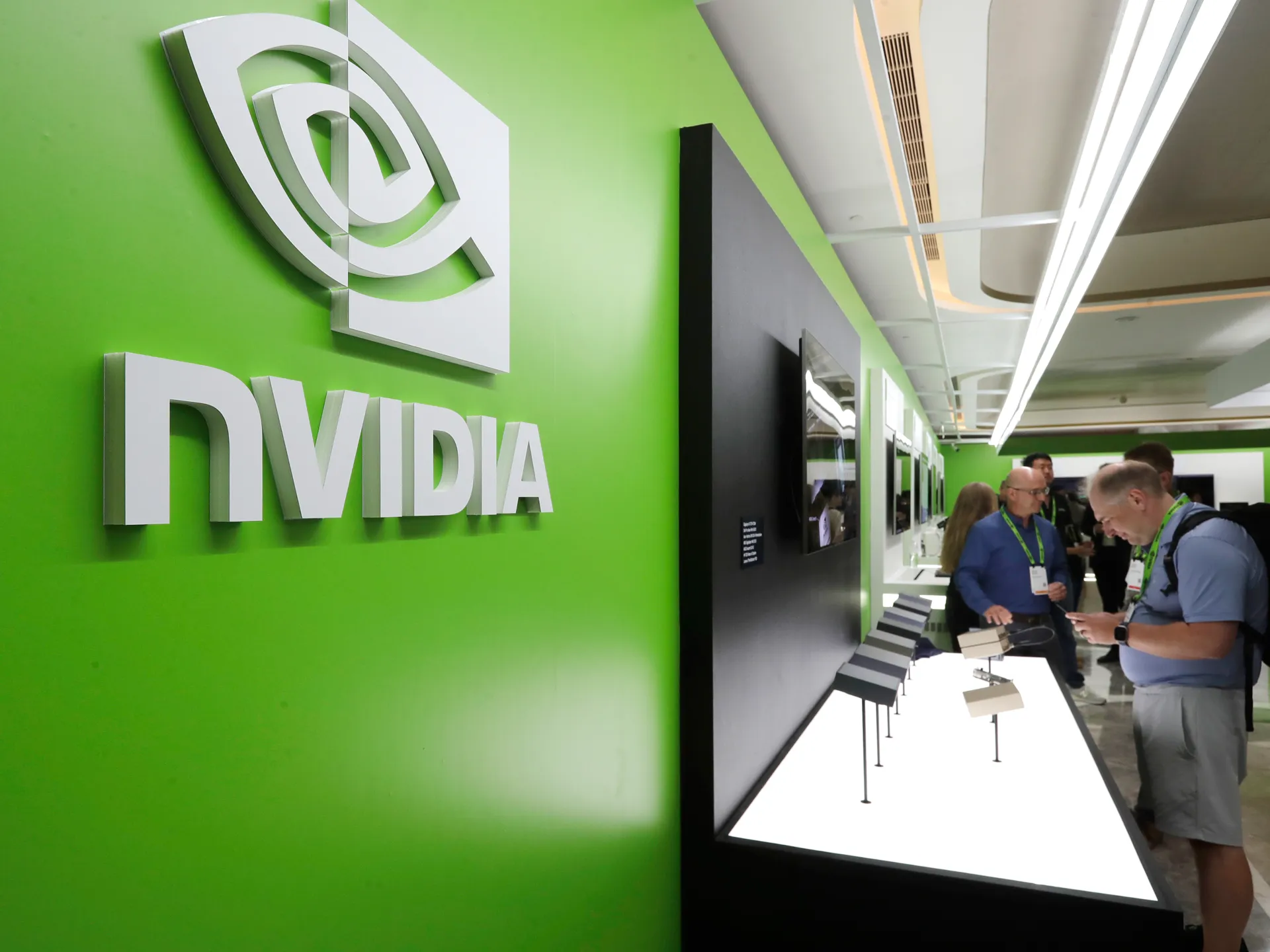China Urges Companies to Avoid Using Nvidia and AMD AI Chips Amid U.S. Export Deal
China Urges Companies to Avoid Using Nvidia and AMD AI Chips Amid U.S. Export Deal
By
Junia Wells
Last updated:
August 13, 2025
First Published:
August 13, 2025

Photo: Al Jazeera
China has reportedly instructed domestic companies to refrain from deploying Nvidia’s H20 artificial intelligence chips and Advanced Micro Devices’ (AMD) MI380 chips, especially in government and national security applications. This development comes shortly after both companies received U.S. approval to resume shipments of these specialized AI chips designed for the Chinese market.
Chinese Government’s Directive on AI Chip Usage
According to sources cited by Bloomberg, Chinese authorities have explicitly warned companies against using Nvidia’s H20 and AMD’s MI380 chips in sensitive sectors related to national security and government operations. The move reflects growing caution over foreign technology amid rising geopolitical tensions.
The H20 and MI380 chips were developed by Nvidia and AMD respectively to comply with U.S. export restrictions implemented in 2023. These chips feature intentional performance limits to satisfy American national security concerns while allowing limited access to China’s vast AI market.
U.S. Revenue-Sharing Agreement with Nvidia and AMD
On Monday, the White House confirmed that Nvidia and AMD have agreed to give the U.S. government a 15% cut of their revenue generated from sales in China. This agreement was a key factor enabling the resumption of chip exports earlier this year, following the introduction of export licensing requirements.
Both companies initially paused shipments due to the new export controls but signaled last month their intent to resume deliveries under the new licensing framework. The revenue-sharing deal represents a novel approach by the U.S. government to monetize sensitive technology exports while maintaining national security.
Market Reaction and Industry Impact
Shares of Nvidia and AMD fluctuated during Tuesday’s trading session, eventually closing slightly higher amid the unfolding news.
President Trump, during a press conference Monday, referred to Nvidia’s H20 chip as “obsolete” and declared that he would not permit shipments of Nvidia’s higher-end Blackwell chips to China unless their performance was reduced by 30% to 50%.
China remains a critical market for AI chipmakers, with Nvidia CEO Jensen Huang earlier this year calling the prospect of being shut out of China a “tremendous loss.” He projected China’s AI market could reach $50 billion in revenue within the next two to three years, underscoring the high stakes for both companies.
Concerns Over Chip Security and Trust
Over the weekend, a social media account affiliated with Chinese state media questioned the safety of Nvidia’s H20 chips, fueling further uncertainty and skepticism around the use of U.S.-made AI technology in China.
This cautious stance by Beijing highlights the intensifying tech rivalry and trust issues between the world’s two largest economies, as both sides navigate a complex landscape of trade restrictions, national security concerns, and economic interests.
Popular articles
Subscribe to unlock premium content
Merch, Meals, and Memories

Innovating One Feature at a Time

Zero Taxes, Maximum Attraction – Why Monaco is the ultimate playground for the wealthy.

Merch, Meals, and Memories

Innovating One Feature at a Time

Merch, Meals, and Memories







.png)

